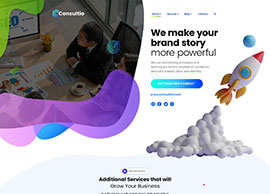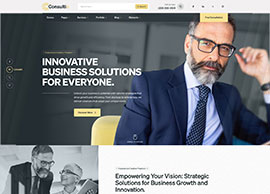In the pursuit of a workplace culture that embraces equity, inclusion, and diversity (EID), every member of an organization plays a vital role. While leaders and management set the tone and provide direction, it’s the employees who breathe life into these values, turning them into a lived reality. In this blog post, we’ll explore the essential responsibilities that employees bear in helping their organizations build an EID-focused culture.
### **1. Self-Education and Awareness**
**Responsibility:** Employees should actively educate themselves about equity, inclusion, and diversity. This means seeking out resources, reading, attending workshops, and staying informed about the latest developments and discussions in the field.
**Why It Matters:** Self-education is the foundation for understanding the issues at hand. It enables employees to recognize biases, identify exclusionary behaviors, and become more empathetic to the experiences of others.
**2. Challenging Bias and Stereotypes**
**Responsibility:** Employees should be vigilant in recognizing and challenging their own biases and stereotypes. They should also be willing to address these issues when they observe them in their colleagues or workplace culture.
**Why It Matters:** Bias and stereotypes can perpetuate inequities and exclude individuals from opportunities. By challenging these biases, employees contribute to a more inclusive and equitable environment.
**3. Promoting Inclusive Language and Communication**
**Responsibility:** Employees should be mindful of their language and communication, ensuring it is inclusive and respectful. This includes avoiding discriminatory or derogatory language and using gender-neutral terms when appropriate.
**Why It Matters:** Inclusive language and communication create a more welcoming environment where all employees feel respected and valued for who they are.
**4. Embracing Differences**
**Responsibility:** Employees should celebrate and embrace the diversity of their colleagues. This means appreciating different perspectives, backgrounds, and experiences and actively seeking out opportunities to learn from them.
**Why It Matters:** Embracing diversity fosters creativity, innovation, and a stronger sense of belonging within the organization.
**5. Reporting Inequities and Discrimination**
**Responsibility:** Employees should feel empowered to report any incidents of inequity, discrimination, or exclusion to HR or the appropriate channels within the organization. They should be aware of reporting mechanisms and policies in place.
**Why It Matters:** Reporting is crucial for addressing and rectifying any EID-related issues. It ensures accountability and promotes a culture where such behavior is not tolerated.
**6. Engaging in EID Initiatives**
**Responsibility:** Employees should actively participate in EID initiatives within the organization. This includes joining employee resource groups, volunteering for diversity and inclusion committees, and supporting EID-related events and activities.
**Why It Matters:** Employee engagement is essential for the success of EID initiatives. It demonstrates a commitment to the organization’s goals and helps drive change.
**7. Being Open to Feedback and Learning**
**Responsibility:** Employees should be open to feedback about their own behavior and attitudes. They should be willing to learn and grow, recognizing that building an inclusive culture is an ongoing process.
**Why It Matters:** Feedback and learning opportunities are essential for personal growth and for the organization’s progress toward EID goals.
**Conclusion: Every Employee Counts**
Building a culture of equity, inclusion, and diversity is a collective effort in which every employee plays a significant role. By taking on these responsibilities, employees contribute to a workplace where all individuals are treated with respect, have equal opportunities, and can bring their authentic selves to work. It’s not just a matter of policy or leadership—it’s a reflection of the shared values and commitments of the entire organization. Together, employees can create a workplace where EID is not just a goal but a lived reality.















































